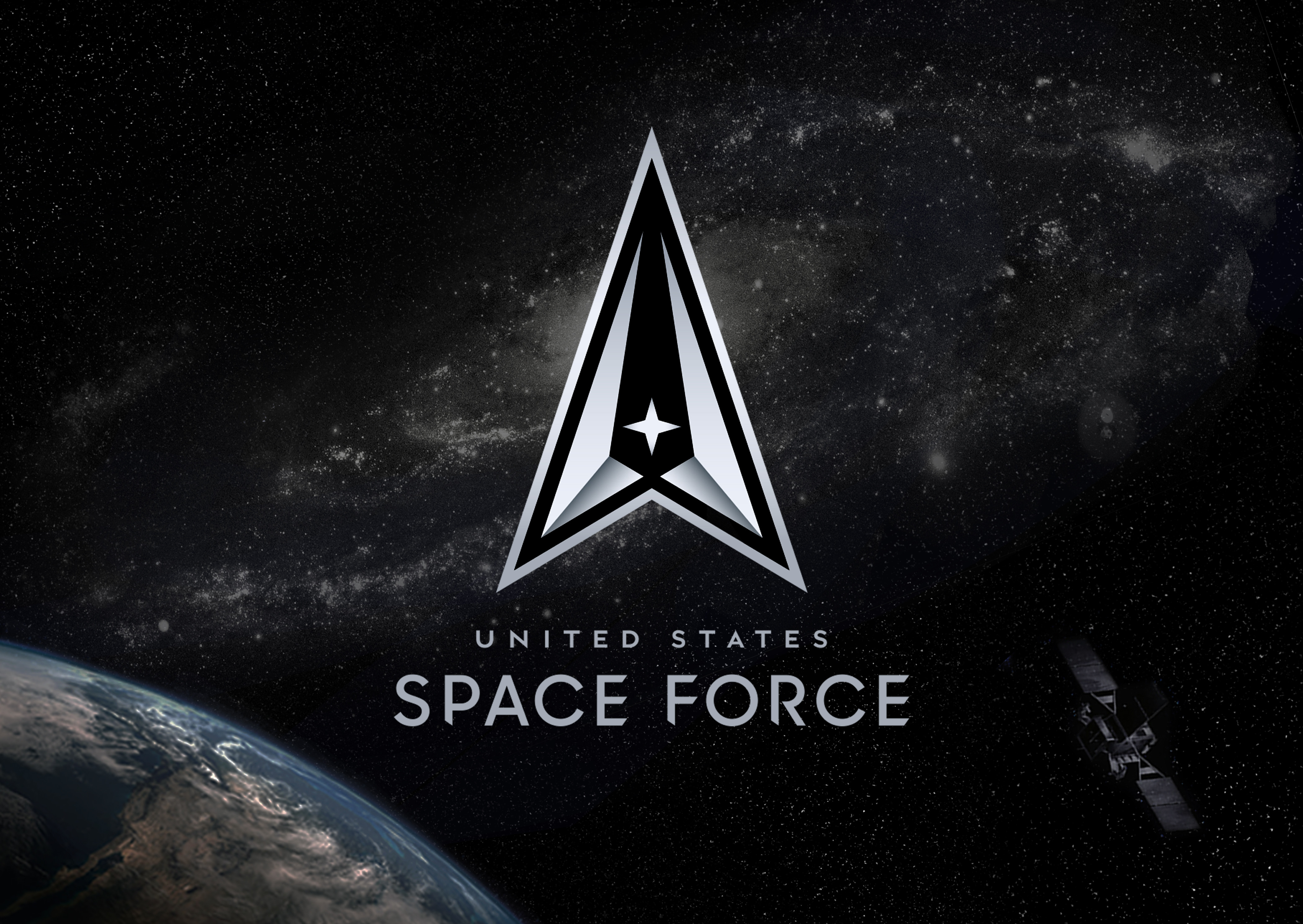US Space Force plans to launch astronauts someday

The United States Space Force plans to have an astronaut corps someday.
The nation's newest military branch, which was created in December 2019 to help protect American space assets and interests, doesn't currently launch anyone to the final frontier. But that will change, if all goes according to plan, Space Force officials said recently.
"At some point, yes, we will be putting humans into space," Maj. Gen. John Shaw, head of the Space Force’s Space Operations Command, said on Tuesday (Sept. 29), Air Force Magazine reported.
"They may be operating command centers somewhere in the lunar environment or someplace else," added Shaw, who spoke during a virtual conference organized by AFWERX, a U.S. Air Force program designed to spur innovation within the branch.
Related: The most dangerous space weapons ever
Lt. Gen. David Thompson, the Space Force vice commander, echoed those ambitions Thursday (Oct. 1) during an online event held by Defense One, a news outlet that focuses on U.S. defense and national security issues. But crewed Space Force missions aren't just around the corner, Thompson said.
"Is it possible, and certainly expected someday in the future, that members of the United States Space Force will go physically, directly and personally to space? I would say, absolutely," Thompson said. "But we're not talking five or 10 years. We're talking decades from now, almost certainly."
Breaking space news, the latest updates on rocket launches, skywatching events and more!
Through a program called Artemis, NASA is working to get astronauts to the lunar surface in 2024 and establish a long-term, sustainable presence on and around the moon by the end of the decade. And such work is not an end in itself, agency officials say; it will help lay the groundwork for a crewed Mars mission, which NASA aims to achieve in the 2030s.
The Space Force "will play whatever role it needs to" in order to safeguard and encourage such human exploration of the final frontier, Thompson said. But he stressed that there are no concrete plans or programs on the new branch's books devoted to getting Space Force personnel off the ground.
Thompson spoke for about an hour Thursday, during a wide-ranging interview with Defense One deputy editor Patrick Tucker. The conversation touched on a number of interesting topics, including the space capabilities of two of the United States' chief rivals in the geopolitical sphere, Russia and China.
U.S. military officials have been emphasizing for the last few years that those two nations pose a serious and increasing threat to America's long-held space dominance. Thompson echoed those concerns Thursday, saying that both China and Russia have been ramping up their potentially satellite-threatening tech considerably in the past 10 years or so.
"Within this decade, we expect them to be able to threaten our space capabilities kinetically or non-kinetically, reversibly or irreversibly, in just about every domain," Thompson said of the Chinese. The same is broadly true of the Russians, he added, citing a recent unclassified threat assessment conducted by U.S. military officials.
Mike Wall is the author of "Out There" (Grand Central Publishing, 2018; illustrated by Karl Tate), a book about the search for alien life. Follow him on Twitter @michaeldwall. Follow us on Twitter @Spacedotcom or Facebook.

Michael Wall is a Senior Space Writer with Space.com and joined the team in 2010. He primarily covers exoplanets, spaceflight and military space, but has been known to dabble in the space art beat. His book about the search for alien life, "Out There," was published on Nov. 13, 2018. Before becoming a science writer, Michael worked as a herpetologist and wildlife biologist. He has a Ph.D. in evolutionary biology from the University of Sydney, Australia, a bachelor's degree from the University of Arizona, and a graduate certificate in science writing from the University of California, Santa Cruz. To find out what his latest project is, you can follow Michael on Twitter.
